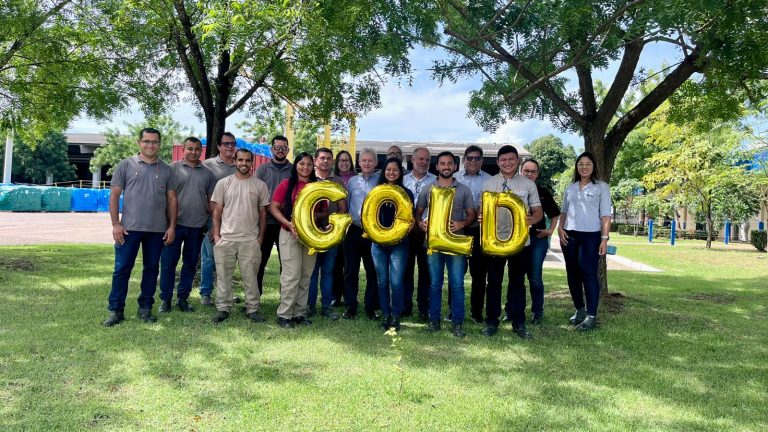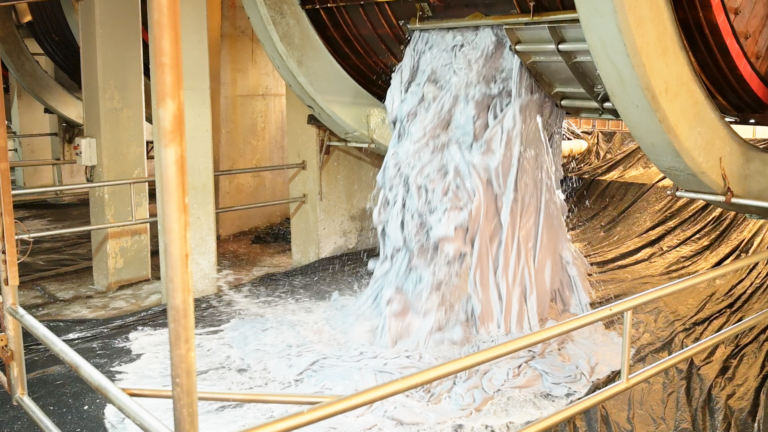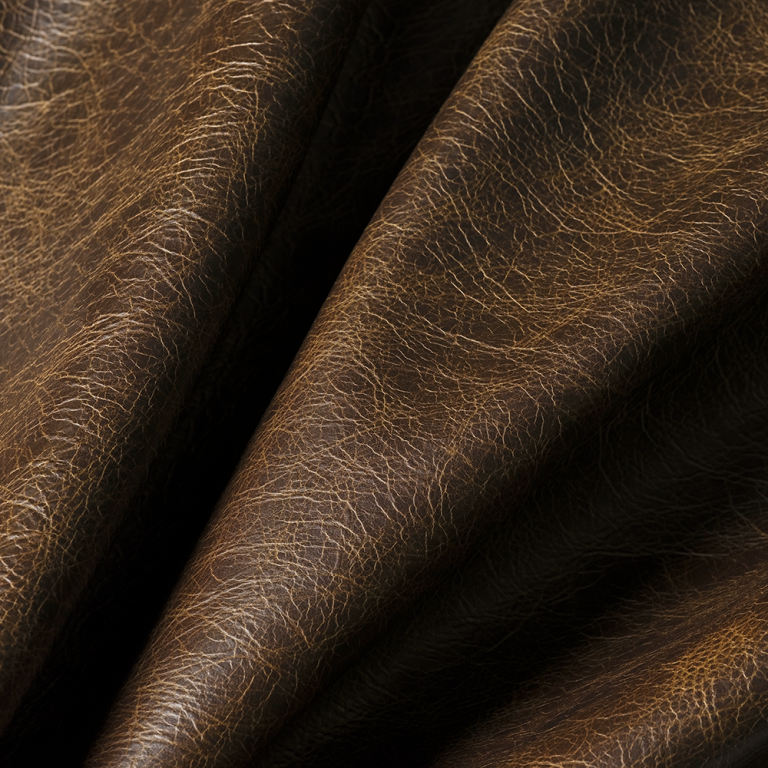São Paulo, October 30, 2020 – For a material to be truly sustainable, its use must include the entire production chain. This is the conviction of JBS Couros, which submitted Kind Leather to a Life Cycle Assessment (LCA) in partnership with Asiatan. The results of the LCA confirmed that the approach of introducing the remodeling of designs into the chain – challenging standards previously considered inherent to the production system– is the correct way to minimize the environmental impact within the industry.
Launched in 2019, Kind Leather uses a more efficient, innovative production process that initially discards those parts of the hides that serve little purpose, since this material can later be sent to other industries – such as the pharmaceutical and food industries, transforming waste into raw materials and making a significant contribution to the sustainability of the entire value chain.
The result of the technical application that measures the possible environmental footprint from manufacturing and using a given product or service, based on a study for the athletic footwear segment, revealed that the production technique of Kind Leather is more sustainable than the one traditionally used for conventional leather. Drawn up from information collated in 2019, the evaluation took into consideration all the stages of leather production.
To establish the comparisons on the same technical and methodological basis, the analysis also included the traditional production method used by Asiatan, which had no optimizations for the use of natural resources and used wet blue full substance as raw material. The comparison results showed that the methodology proposed by the Kind Leather concept – which redesigns the initial stages of the process, proposes splitting the leather before tanning and reduces the use of chemical products – is environmentally more efficient.
The LCA of Kind Leather was the first to use primary data from ranches and meatpackers, becoming one of the most detailed studies ever undertaken in the leather industry. “In most cases, these studies use default values to reflect the allocation of the environmental footprint from farm to leather, which are by far less precise when describing the real impact of the product. This differential is especially important, since the cattle raising stage accounts for a considerable slice of the total footprint. By using primary and auditable data, it has been possible to use precise allocation factors for leather”, explains Guilherme Motta, CEO of JBS Couros.
The methodology was developed and applied by Italian company Spin360, based in Milan, which is specialized in undertaking life cycle evaluation studies and sustainability actions in the leather supply chain. The model developed by JBS was totally based on the analytical evaluation of the manufacturing processes, taking into account more than 10,000 data points aggregated in 220 variables, representing the contribution to eight different impact categories.
“Kind Leather has arrived on the market as a new alternative for leather production worldwide. We have put in a lot of hard work in recent years to undertake continuous studies in order to enhance the management of our sustainable leather platform, looking for insights, innovations and paths for optimizing the products. The next stage will be to carry out process optimizations based on this study to strive for even more efficient solutions to our entire production system”, Motta adds.
The LCA study is part of the broader company’s strategic sustainability planning and implies the adoption of a scientific approach to exponentially minimize the environmental footprint of Kind Leather. Additionally, it complies with ISO 14040 and is based on the most up-to-date Product Category Rules (or PCRs).
About JBS Couros
JBS created the leather business unit in 2009 as an important part of its strategy of adding value to the production chain. JBS Couros is the world’s largest leather processing industry, with 21 manufacturing units, three cutting units, five distribution centers, three showrooms and four sales offices on four continents. The company currently has around 7,000 team members worldwide and manufactures leather in the wet blue, semi-finished and finished stages for the automotive, furniture, footwear and artifacts sectors. On the leather production lines, clear, standardized procedures, combined with constant investments in technology and training, make JBS Couros one of the world’s most modern companies, transforming organic materials into up-market, quality products widely used in global industries.



